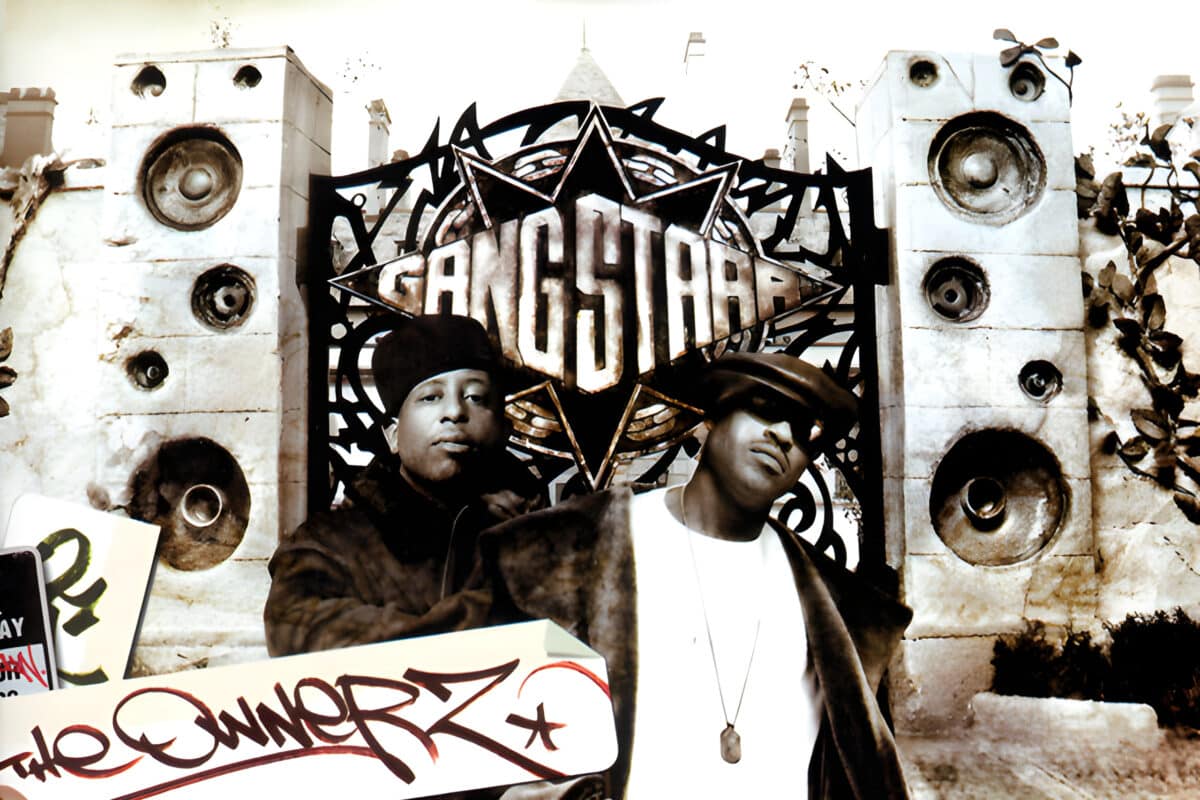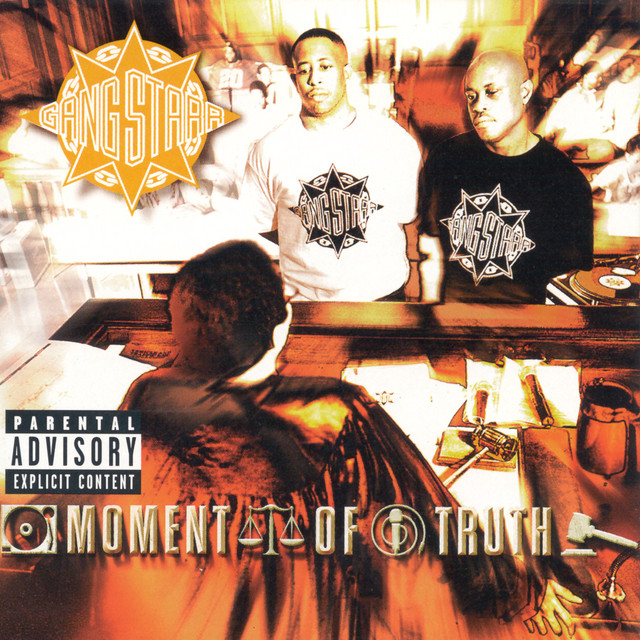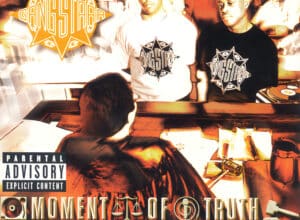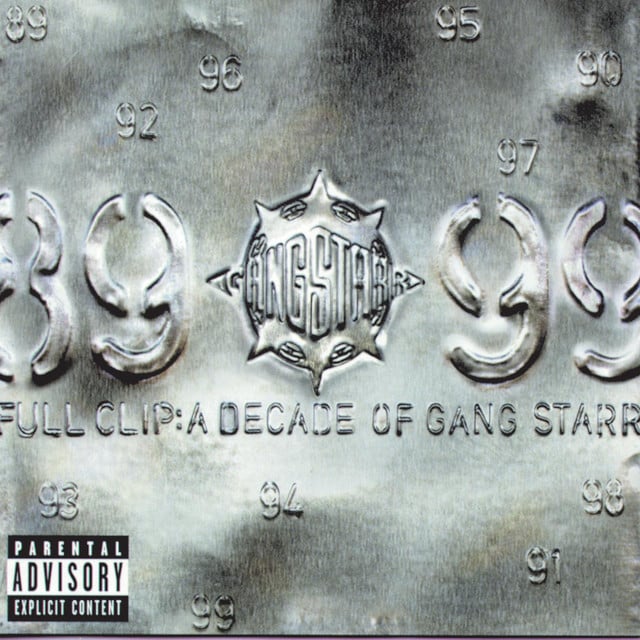Released: 2003
“Werdz From The Ghetto Child” by Gang Starr provides a raw, unfiltered glimpse into urban life, depicting the struggles of a street hustler trying to escape the clutches of the drug game. The song is relentless in its portrayal of the violence, distrust, and desperation that plague many inner cities, painting a somber picture of life in the ghetto.
Starting off, you get a sense of the dialogue between two individuals, presumably DJ Premier (Preem’) and Smiley, discussing Smiley’s reluctant involvement in the drug trade. The conversational style gives a sense of authenticity and immediacy to the storytelling. Smiley’s response to Preem’s questioning nicely sets the tone for the rest of the song – he’s reluctantly involved in the drug trade, but feels trapped and sees no other way to make ends meet and pursue his love of music.
Smiley’s verse is packed with street-savvy language and vivid imagery, providing the average listener with a deep dive into the realities of the drug trade. When Smiley refers to his life as a “never-endin drug story,” he’s explaining a cyclical, relentless cycle of pushing drugs to survive. The phrase “Death percentages rises in the hood like grams” illustrates an escalating situation of violence and death tied directly to the distribution and use of drugs in his neighborhood.
More wordplay follows, with “as I build my cream, with self-esteem”, where “cream” is an acronym for Cash Rules Everything Around Me, a phrase popularised by the Wu-Tang Clan. The term “gangsta lean”, refers to sippin on lean, a substance abused in certain corners of the hip-hop world, but here it also might be a metaphor for living life on the edge.
The line “Force pressure, is the techniques of real men / So when you slam the doors, we still get in” conveys an indomitable will, suggesting that no matter how difficult the situation, they’ll find a way to push through. It can also be interpreted as a commentary on the criminal justice system’s attempts to quell the drug trade, often by locking up individuals involved in it.
The song ends with the line “You either bite the dust, or just dodge that bullet”, a stark ultimatum that reflects the harsh reality of street life. It leaves us with a chilling image: to survive, one must resort to extreme measures, a sentiment that underscores the desperate circumstances under which many individuals in economically distressed communities find themselves.








